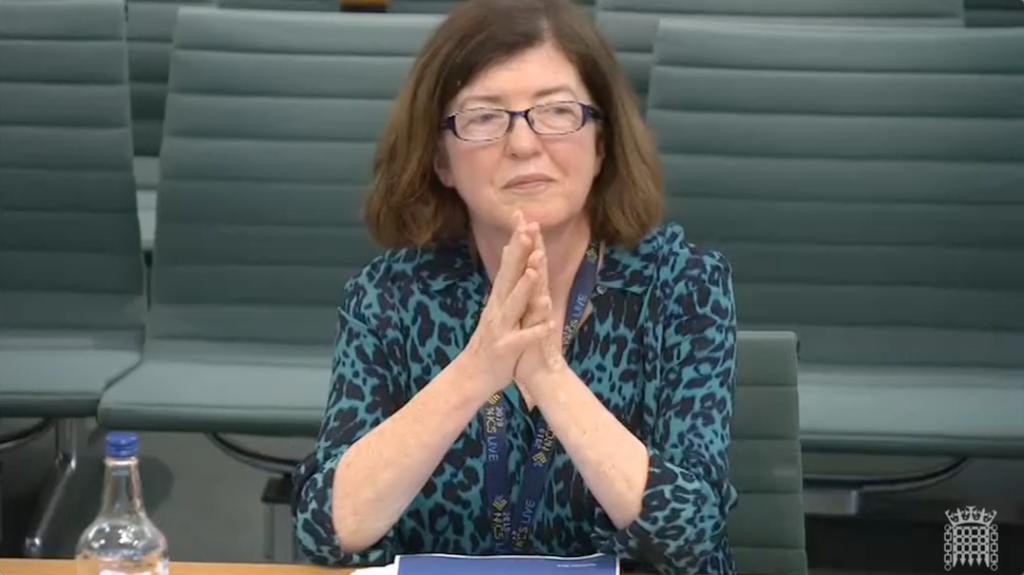The Labour Party has said it is drawing up plans to introduce “citizens’ assemblies” which could be used to bypass Whitehall and make key decisions.
Sue Gray, the chief of staff to Labour leader Sir Keir Starmer, has said in her first interview in the role that plans are being worked on to involve the public directly in deciding contentious issues.
Gray, who is in charge of the party’s preparations for government, said such assemblies could give the public a say in constitutional reform, devolution and the location of new houses.
The politics behind Sue Gray’s plan for ‘citizens’ assemblies’
Keir Starmer has pledged to build 1.5 million new homes in his first term as prime minister, if the Labour Party wins the general election later this year.
It has been suggested that the commitment is likely to draw criticism from so-called “nimbys” — those who say “not in my backyard” to housebuilding.
Meanwhile, recent reports have suggested that Starmer intends to delay a previously touted plan to abolish the House of Lords.
A report in the Financial Times earlier this month suggested Labour would only implement limited reforms to the Lords in order to focus on economic priorities. The party had previously committed to scrapping the upper house in a first five-year parliament.
Labour’s plan to introduce citizens’ assemblies is described in a biography of Starmer by Tom Baldwin, which is being serialised in The Times newspaper.
Gray has told Baldwin of the “transformational” success of citizens’ juries in Ireland that had built consensus for constitutional changes, such as the end to the ban on abortion and allowing gay marriage.
However, she also acknowledged that the plans would face resistance in government, saying: “Whitehall will not like this because they have no control.”
In Ireland, a “Citizens’ Assembly” is tasked with deliberating on matters of national importance. It is typically made up of 99 randomly selected members of the public and one appointed chairperson.
Invitations are sent to randomly-selected households, and from those who agree to take part, members are subsequently selected to reflect Irish society in terms of age, gender, social class and regional spread.
Recent questions considered include: abortion, fixed-term parliaments, referendums, population ageing, and climate change.
In the UK, Gray has said the assemblies could be used to get agreement on Lords reform, devolution and housebuilding. Citing opposition to these proposals, Gray said: “[A citizens’ assembly] is one way we can help resolve these questions by involving communities at an early stage.”
The politics behind Sue Gray’s plan for ‘citizens’ assemblies’
Politics.co.uk is the UK’s leading digital-only political website, providing comprehensive coverage of UK politics. Subscribe to our daily newsletter here.














